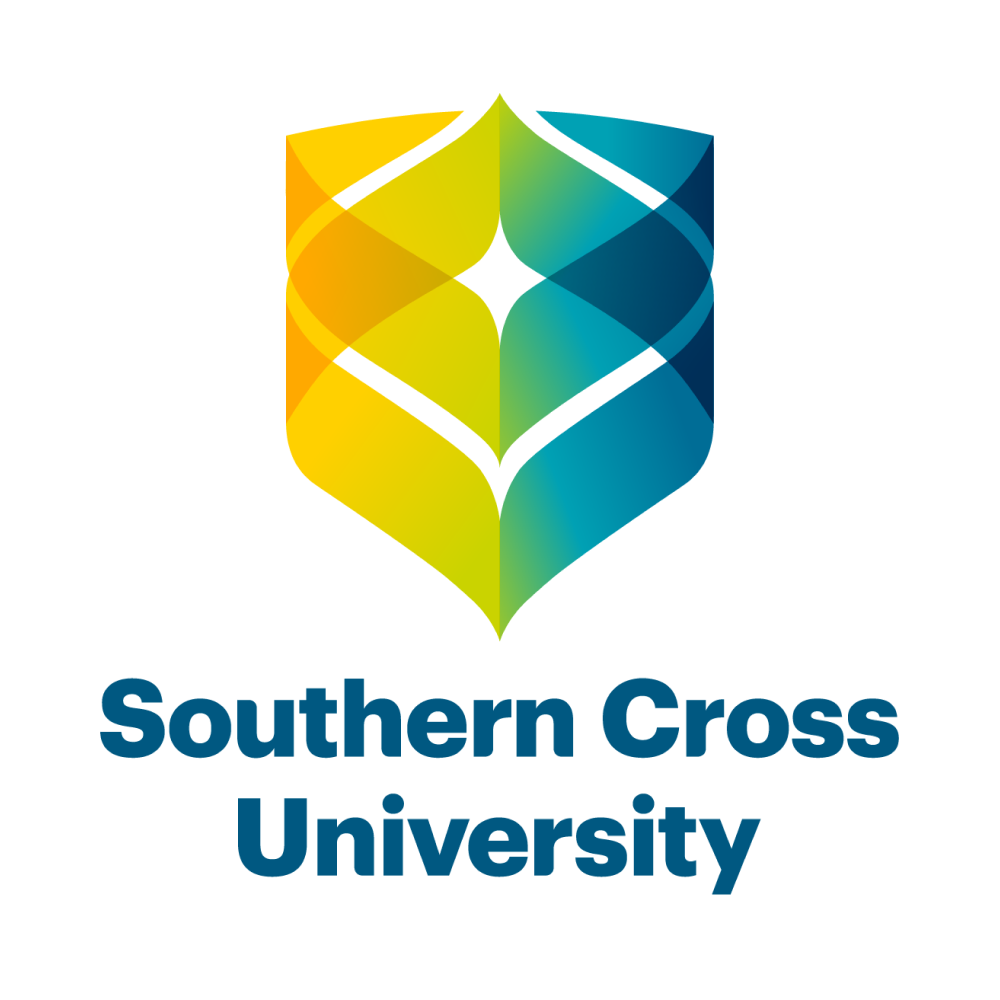Southern Cross University
Master of Engineering Management and Master of Business Administration
- Delivery: Face to Face
- Study Level: Postgraduate
- Duration: 24 months
- Course Type: Master's
Develop the skills and expertise needed in both business and engineering disciplines to leading large infrastructure projects.

Course overview
This unique two-year double degree is taught by industry experts to prepare you as an innovator and leader.
Hone your skills in project and strategic asset management, stakeholder engagement, accounting and economics and managing digital enterprises. Undertake a research investigation and complete a significant project on a topic you can apply to real-world problems.
Graduates will be recognised as experts in their field, with skills highly attractive across industries, both in the government and private sectors, or as a consultant.
Key facts
Melbourne
Perth
Sydney
What you will study
Students must complete the equivalent of 16 core units or 192 credit points to be eligible for the Master of Engineering Management and Master of Business Administration.
Complete the following units:
- Smart Liveable Cities
- Strategic Asset Management
- Risk and Resilience Engineering
- Engineering Management for a Sustainable Future
- Stakeholder Engagement in Engineering
- Applied Research Project I
- Applied Research Project II
Entry requirements
- A four (4) year undergraduate degree in engineering, or in a cognate discipline; OR
- A three (3) year undergraduate degree in engineering, or in a cognate discipline, plus at least two (2) years of documented relevant work experience; OR
- Demonstrated relevant prior learning and/or relevant industry experience deemed equivalent to items a. or b. above.
English language requirements
English language requirements apply to International applicants and other applicants whose previous study was undertaken in a language other than English. The minimum English language requirement for such applicants for entry to this course:
- IELTS Overall Score 6.5
Recognition of Prior Learning
Credit for Prior Learning, also referred to as ‘Advanced Standing’ or Recognition for Prior Learning (RPL), is the process of looking at your prior study and/or experience to assess if you can be awarded academic credit or gain entry to a course on the basis of your existing knowledge and skills.
Contact the university or visit their website for more information.
Outcomes
- Critically evaluate and synthesise a complex issue or theory from a discipline area to arrive at a conclusion/decision with justification.
- Demonstrate high-level critical thinking, independent judgment and the ability to reflect on self and others in a complex business environment.
- Apply and integrate industry-relevant research principles and methods to complex management situations.
- Apply well-developed management principles using critical thinking skills to work autonomously or collaboratively to solve complex industry problems.
- Develop and apply an in-depth understanding of a specialist body of management knowledge to industry-specific problems.
- Attain well-developed management skills through reflective practice.
- Design and coordinate systemic approaches to complex problem-solving in a business context.
- Creatively apply sustainability principles in the management of industry projects.
- Develop innovative solutions to complex business problems.
- Apply ethical frameworks, well-developed judgment and self-reflection in an industrial context.
- Demonstrate a critical understanding of complex ethical and socially responsible business practices informed by a global perspective.
- Engage with diverse cultural and indigenous perspectives within management environments.
- Demonstrate an advanced and integrated understanding of a body of knowledge in one or more discipline areas.
- Apply a professional industry standard to communicate to a variety of audiences.
- Apply expert communication and collaboration skills to inform and engage with a diverse range of stakeholders.
- Demonstrate a critical understanding of culturally appropriate business practices informed by a global perspective.
Fees and FEE-HELP
Indicative tuition fee in 2025: $63,840 (domestic full-fee paying place)
The indicative tuition fee is calculated based on a full-time study load of 16 units or 192 credit points.
A student’s fee may vary depending on:
- The number of units studied.
- Choice of units.
- Credit from previous study or work experience.
- Eligibility for government-funded loans.
You may also need to pay the student services and amenities fee.
Student fees shown are subject to change. Contact the university directly to confirm.
FEE-HELP loans are available to assist eligible full-fee-paying domestic students.








